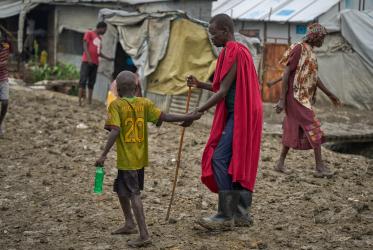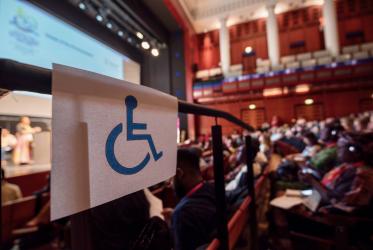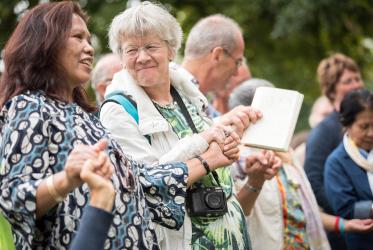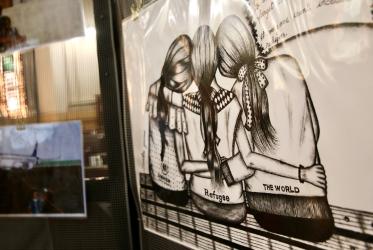Displaying 1 - 20 of 106
WCC webinar explores decolonizing beauty
11 December 2023
WCC 11th Assembly: safe and welcoming environment for all
19 September 2022
Indigenous women struggle for identity in Asia and beyond
05 September 2022
Women with disabilities want to belong in churches
31 August 2022
















